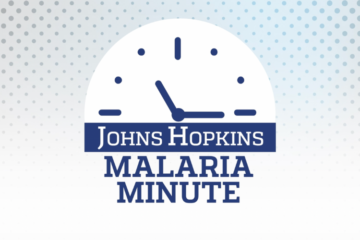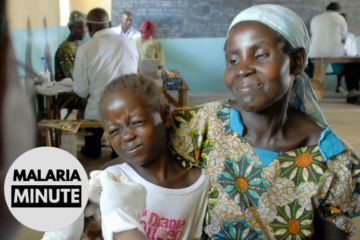The Latest Malaria News, in 60 Seconds.
Inhibiting human protein kinases, which are activated by the malaria parasite, could reduce the malaria burden, and researchers explore the use of AI in automating malaria diagnosis.
Malaria Minute on iTunes and Spotify
Transcript:
Human protein kinases – PKs – which act as signalling pathways, are activated by the malaria parasite to ensure its survival in the human host. Targeting these PKs, through what’s known as a ‘host-directed intervention’ could, therefore, help to reduce the malaria burden. There are some advantages to this approach: it can be cross-applied to multiple Plasmodium species, avoids the evolution of mutations associated to parasite resistance and, as this sort of intervention has been explored for cancer, a library of compounds against PKs already exists.
In remote settings, access to healthcare resources and facilities can be limited, with light microscopy being the only means of malaria diagnosis. Researchers have now explored the use of AI to count those parasites using a smartphone without the need for a WiFi connection. The app isolates and identifies infected red blood cells, thus automating the screening of malaria.
Sources:
Convolutional Neural Networks to Automate the Screening of Malaria in Low-Resource Countries
Image Credits: CDC/ Dr. Mae Melvin [20410]
Scientific Advisor: Elena Gómez-Díaz, Institute of Parasitology and Biomedicine, Spain


